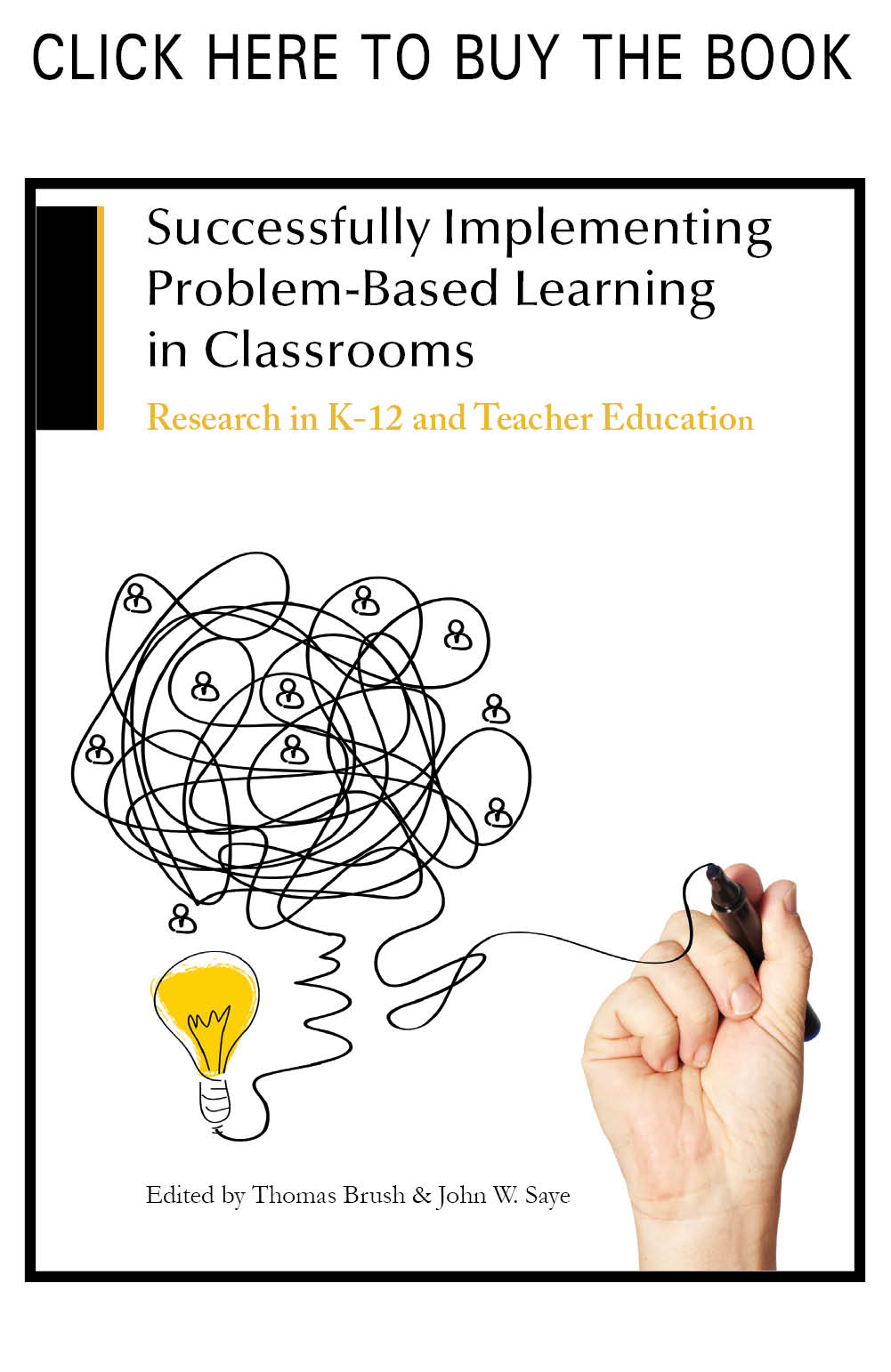Abstract
An experimental study was conducted to investigate the effects of question prompts and peer review on scaffolding students’ problem-based learning in a web-based cognitive support system. Ninety-six pharmacy students were randomly assigned to a treatment or control condition. The students in both conditions were asked to generate solutions to a real-world problem on clinical communication in a web-based learning environment. The results indicated that students who received question prompts significantly outperformed those who did not in each of the five problem-solving steps in both initial and revised reports. The results also showed that students in both conditions significantly improved their problem solving scores given a chance to revise their initial problem-solving reports. In addition, the study revealed a positive effect of the expert modeling mechanism in supporting students’ reasoning and problem solving processes. Implications are discussed for designing web-based scaffolds to support students’ problem-solving processes.
Recommended Citation
Ge, X.
,
Planas, L. G.
,
&
Er, N.
(2010). A Cognitive Support System to Scaffold Students’ Problem-based Learning in a Web-based Learning Environment. Interdisciplinary Journal of Problem-Based Learning, 4(1).
Available at: https://doi.org/10.7771/1541-5015.1093

- Citations
- Citation Indexes: 19
- Usage
- Downloads: 6297
- Abstract Views: 2691
- Captures
- Readers: 104




